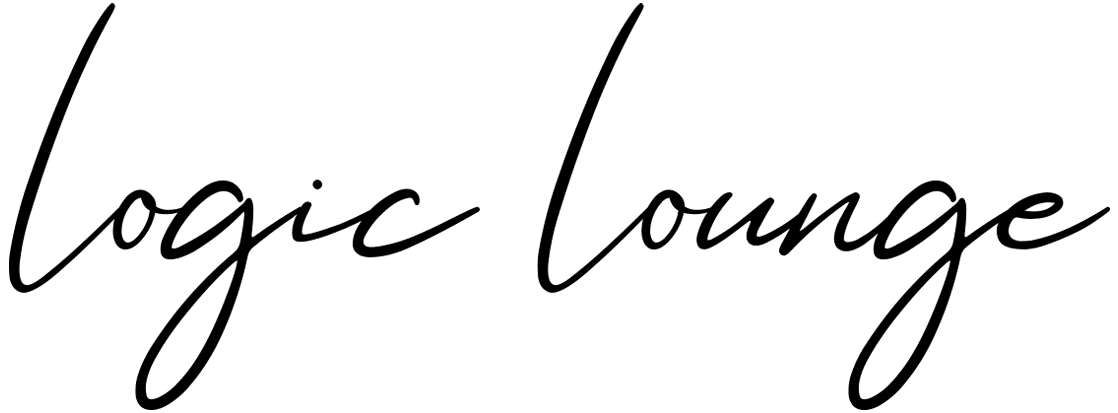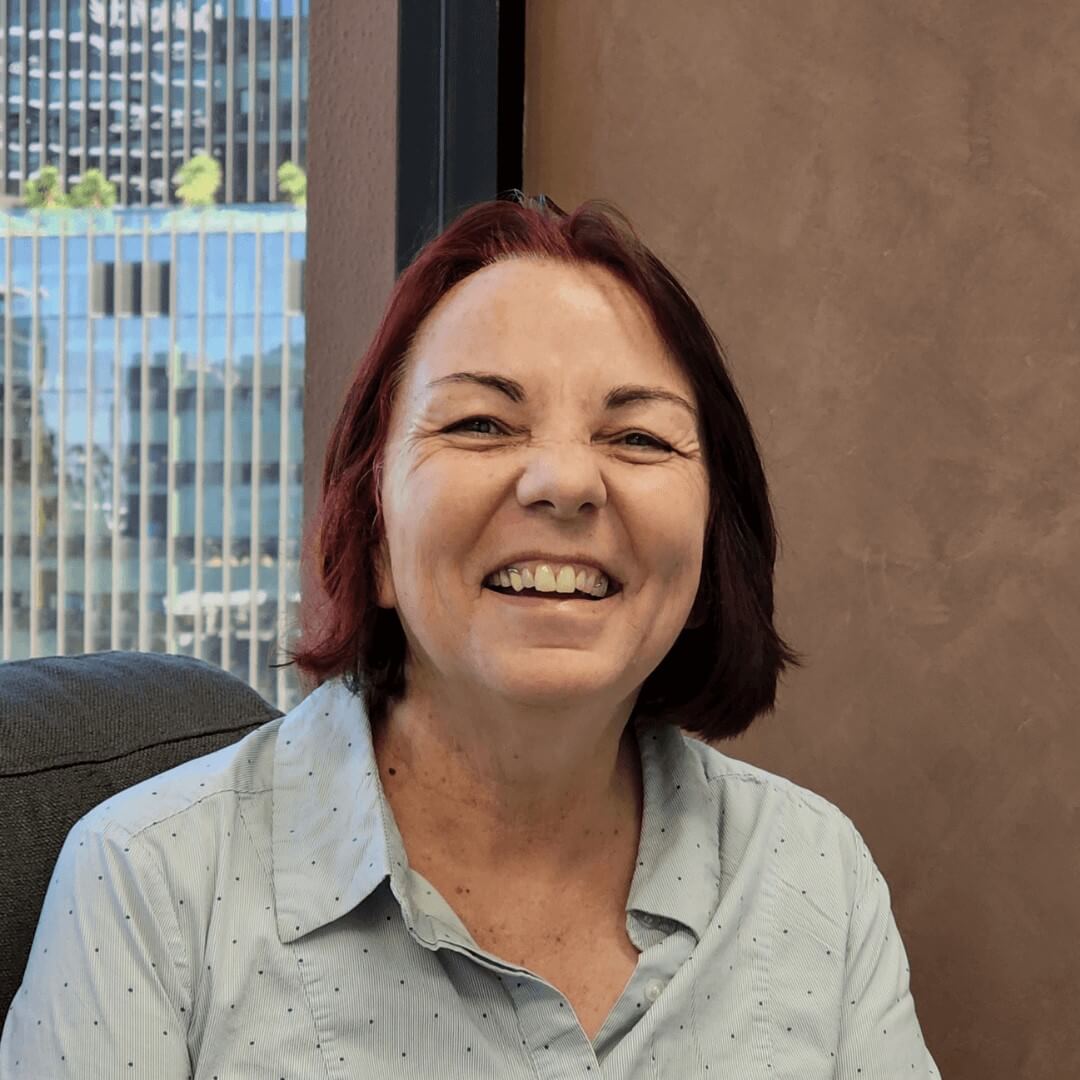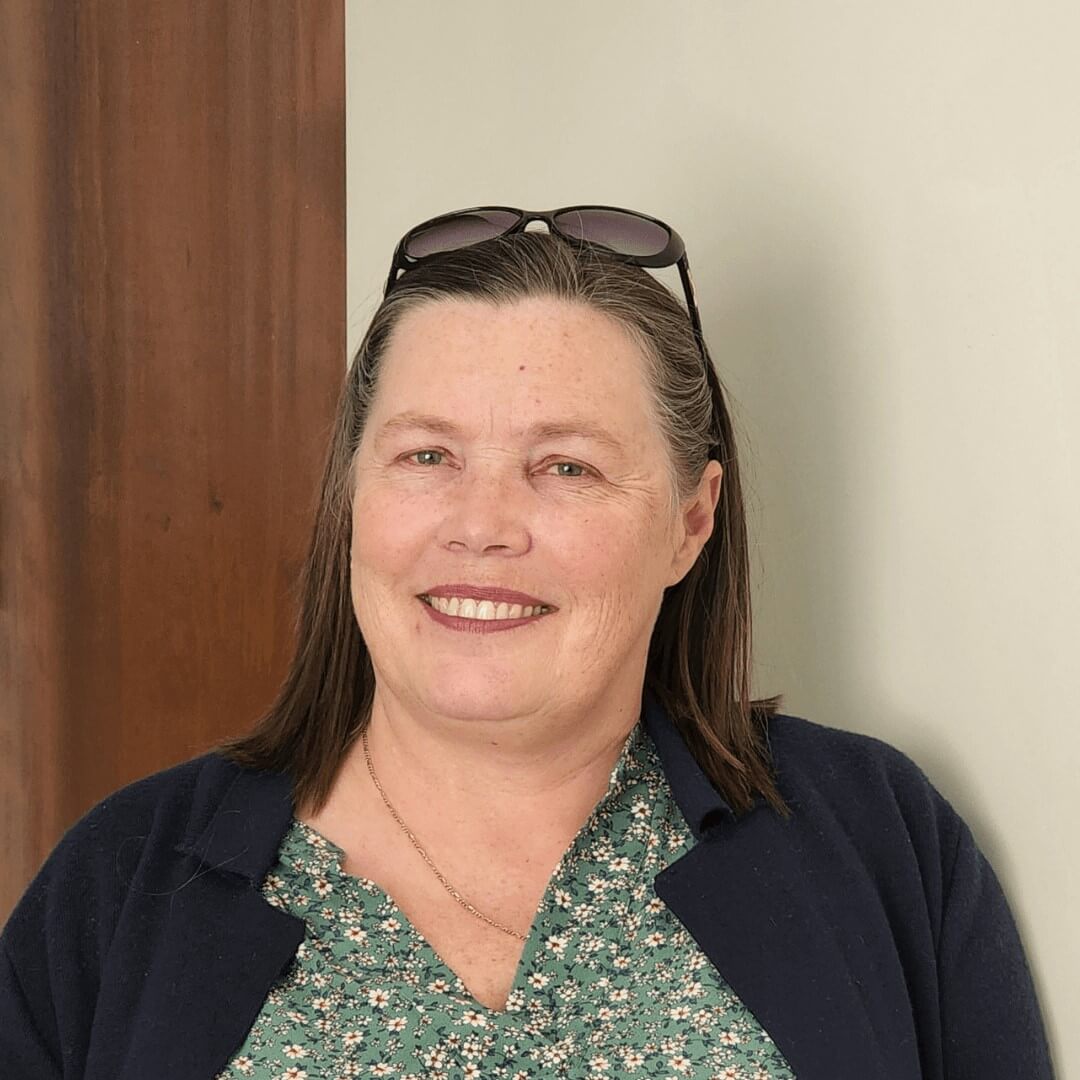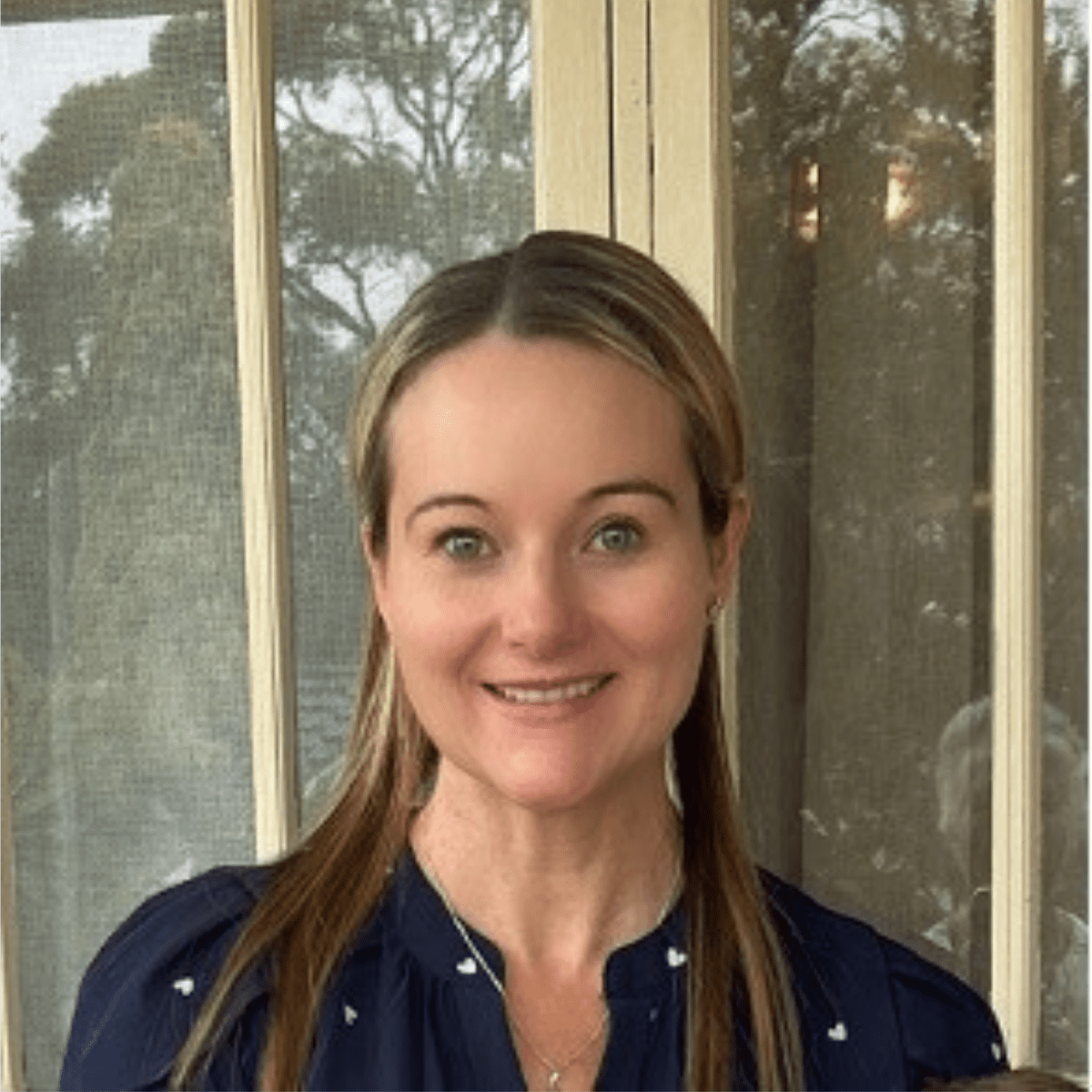Understanding Depression and Building Emotional Resilience
There are days when getting out of bed feels like climbing a mountain, when the world seems quieter, heavier, or less colourful than before.
Depression isn’t just “feeling sad.” It can impact every aspect of life – your energy, focus, motivation, and sense of purpose. Yet with the right understanding and support, it’s possible to find steadier ground and begin to reconnect with what matters most.
What Depression Can Feel Like
Depression looks different for everyone. For some, it may appear as exhaustion or irritability; for others, as emptiness or a loss of joy. It can quietly shift how you see yourself, others, and the world.
People experiencing depression may notice:
-
Persistent sadness or numbness
-
Difficulty concentrating or sleeping
-
Withdrawal from friends, family, or activities once enjoyed
-
Physical symptoms such as fatigue, aches, or changes in appetite
-
A sense of hopelessness or guilt that feels hard to shake
These experiences don’t define who you are, they signal that you may need extra support and understanding.
How Psychology Can Help
Psychology provides a space to explore depression with compassion and curiosity, rather than judgment. It’s not about “snapping out of it,” but about understanding your experience and gradually rebuilding balance and resilience.
1. Understanding Your Story
Therapy offers a place to explore what has shaped your current emotional landscape, life transitions, chronic stress, grief, or other underlying factors. By recognising patterns, you begin to see where change and healing can begin.
2. Evidence-Based Strategies
Psychologists draw from approaches such as cognitive-behavioural therapy (CBT), acceptance and commitment therapy (ACT), or mindfulness-based practices to help manage negative thinking, build self-awareness, and create small, meaningful shifts in daily life.
3. Building Emotional Tools
Therapy can help you learn strategies to manage overwhelming feelings, challenge unhelpful thoughts, and strengthen self-compassion. Over time, this fosters a sense of agency and emotional steadiness.
4. Supporting Everyday Functioning
Depression can make even simple routines feel overwhelming. Psychology focuses on rebuilding sustainable habits like restoring sleep patterns, reconnecting with enjoyable activities, and re-establishing a rhythm that feels achievable.
Our Psychologists & Counsellors for Depression
How Logic Lounge Can Help
At Logic Lounge Psychology, we recognise that depression can touch every aspect of a person’s life—work, relationships, health, and self-esteem. Our psychologists offer a calm, supportive environment where you can unpack your experiences at your own pace.
We provide:
-
Individual therapy tailored to your goals and personal circumstances
-
Evidence-based approaches such as CBT, ACT, and mindfulness techniques
-
Collaborative support working with you to develop practical tools for everyday wellbeing
Our focus is on helping you rediscover stability and meaning, without rushing the process.
If you are experiencing significant changes in mood or motivation, you can reach out to our team to discuss how therapy may support you.
Learn more about related services, including psychology support for adjustment issues or our psychological assessments.
A Step Toward Understanding
Depression can make it difficult to believe that things can improve, but small steps, taken with support, can lead to meaningful change. Reaching out for help is not a sign of weakness; it’s a sign of self-awareness and care.
At Logic Lounge Psychology, we’re here to help you explore what’s happening beneath the surface, so you can start finding your own way forward one moment at a time.
Find the right Psychologist for you
Our find a psychologist search tool allows you to easily find a psychologist or counsellor, tailored to your area of concern, your preferred language and the location that might be closest to you.
Frequently asked questions
Can I see a psychologist online?
Yes. We offer secure telehealth (video call & phone call) appointments.
Do I need a referral?
No referral needed—you can book directly. A GP referral may help you access Medicare rebates.



































